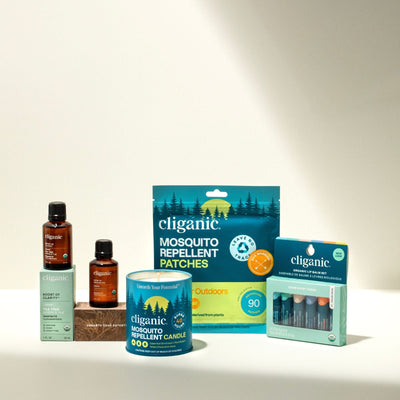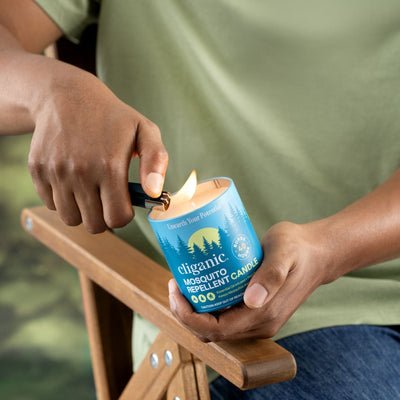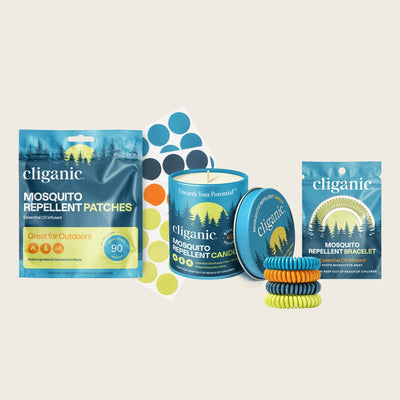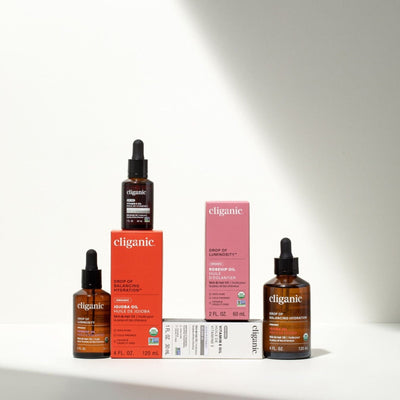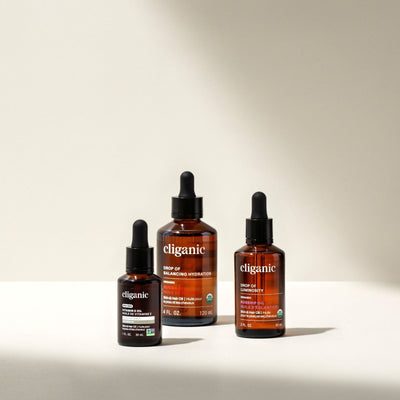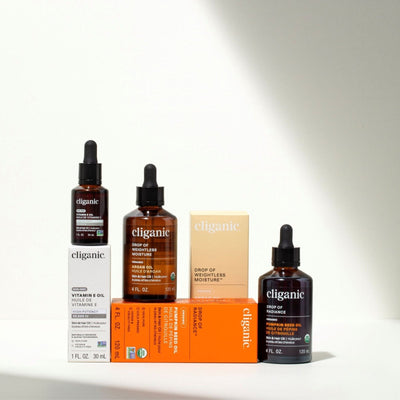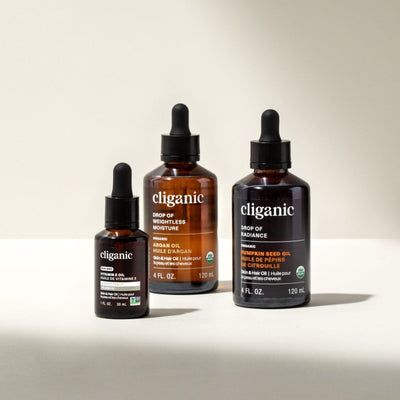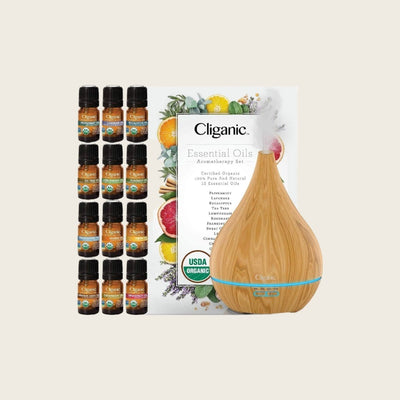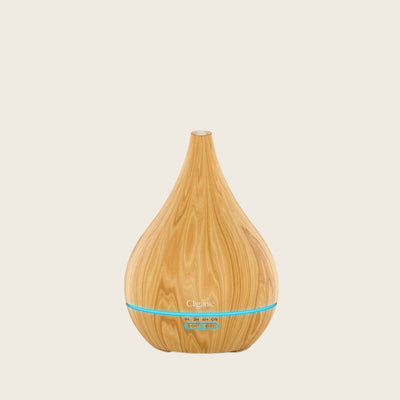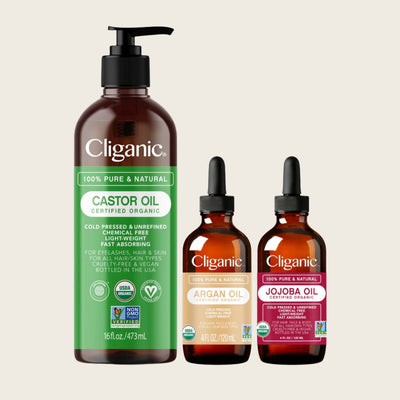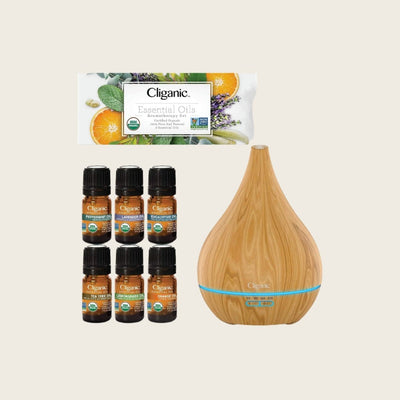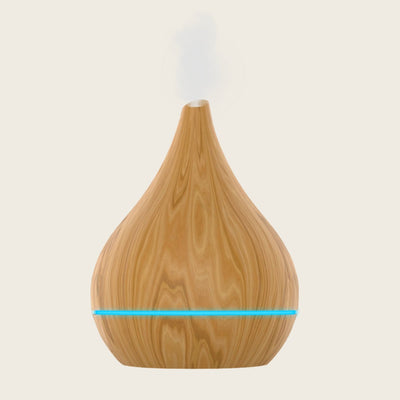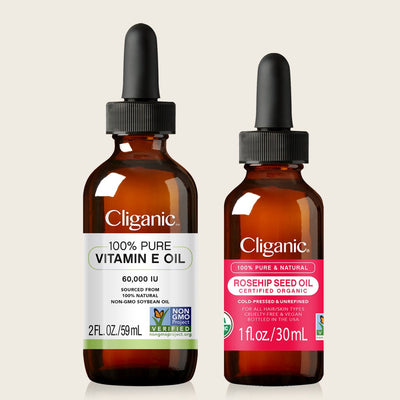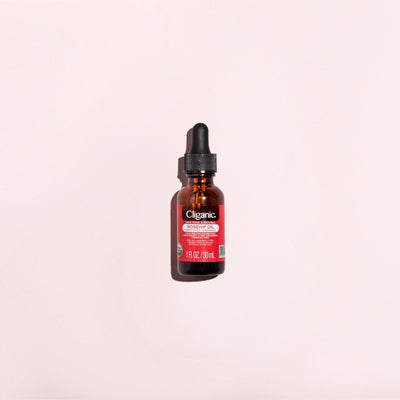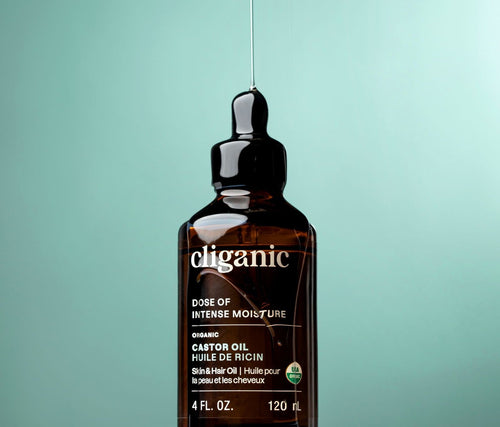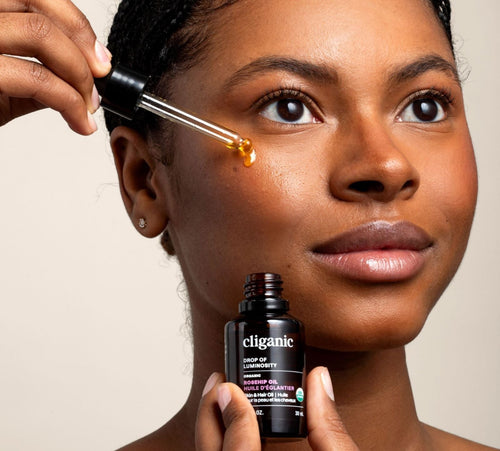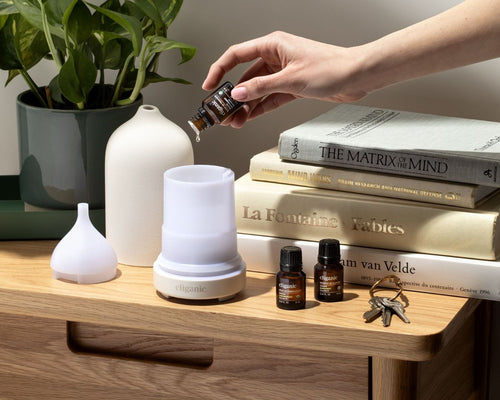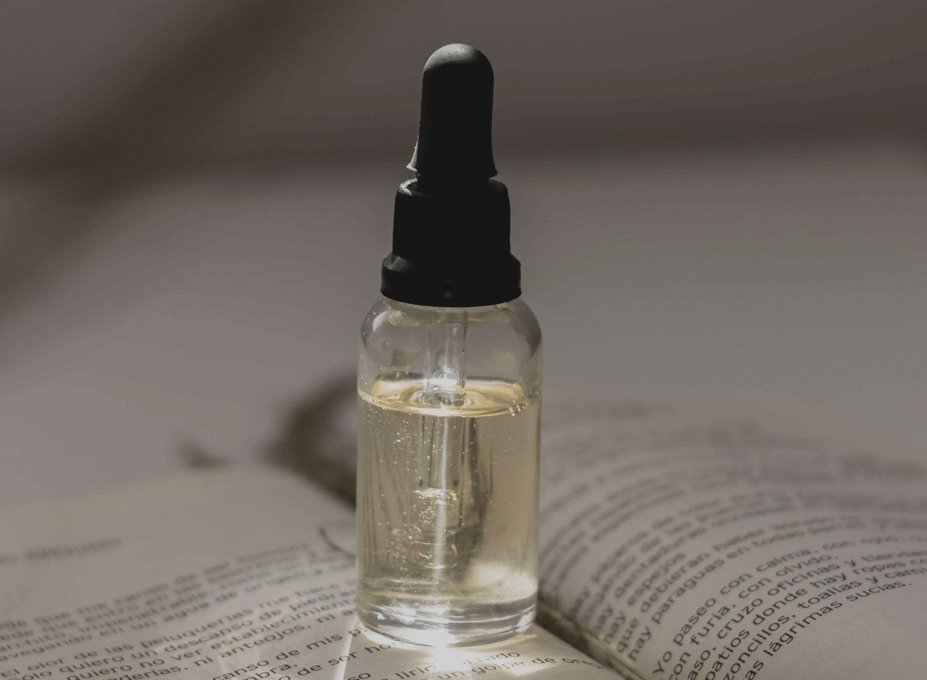
Essential Oils - Are Safe for the Skin?
There are basically two main ways to use essential oils so that they can enter our bodies and affect physiological and emotional changes. One is via inhalation and the other is by applying the oils to our skin.
In this post, let’s focus specifically on essential oils and the skin.
Using essential oils on our skin is completely safe…but only if you understand the proper way to use them. It’s their rampant misuse that causes problems.
Applying essential oils to our skin is a simple and effective way to enjoy their benefits. Think about all the different kinds of products we use on our bodies every day: Soaps, cleansers, lotions, creams, exfoliants, gels, oils, salves and balms.
Imagine if we added a few drops of essential oils to each of the products we use everyday. If we did that, we would be able to incorporate the benefits of essential oils in the daily practice of our lives with minimal effort.
Our Skin
The skin is our largest, most complex and dynamic organ. It connects to our immune system, our endocrine system, circulatory system - and even our endocannabinoid system! So whenever we apply a skincare product that has authentic and genuine essential oils blended into it, we are affecting all those different systems with the therapeutic actions of the essential oils - along with all the different layers of the skin, which can improve our appearance and our overall well-being.
What happens when an Essential Oil is applied to our Skin?
Everything that touches the skin has an effect not only on the skin itself but potentially on the entire physical body. Applying essential oils to the skin—in a skincare product—is one of the most dynamic ways to enjoy the incredible benefits they offer.
When essential oils travel into the body through our skin in a blended lotion, cream, gel, oil or cleanser, a small percentage of its molecules get absorbed, connect to our bloodstream and can have a therapeutic physiological benefit.
Once on the skin, essential oils may support cellular rejuvenation, relieve itchiness, reduce inflammation and irritation from an insect bite, and much more. Through the power of essential oils and carrier oils, aromatherapy body care products support, protect, and enhance our skin’s overall health and vibrancy. The ways we use them are in Gels, salves, balms, creams, lotions, cleansers, scrubs and toners.
How to use Essential Oils Safely
With so much emphasis these days on safety and essential oils, it seems that the challenge isn’t really about “more safety” but rather how to approach using them from a positive place of understanding, rather than from a place of fear or overwhelming caution,
To approach the use of essential oils more positively, all you need are simple and practical guidelines explaining how to use them, along with a little more education, and common sense!
Let’s start with: Essential Oils are Safe.
Remember, essential oils are the aromatic components extracted from the different parts of aromatic plants, and their main purpose is to be smelled. That means when we apply them to our skin, we can enjoy their aromatic benefits for a longer period of time, as they linger on our skins’ surface and the aroma slowly dissipates.
But in order to use them on our skin we have to keep a few important things in mind. Because – like with anything, misuse can cause harm. Keep this framework in mind when you reach for an essential oil!
Essential Oil Safety Framework:
- Essential oils are safe when the right oil is selected for the right purpose. For example, if you want to relax, choose a relaxing oil that is quieting and soothing to our nervous system and skin, like Lavender, Geranium and Frankincense. Avoid “hot” and “spicy” oils like Oregano and Clove, which would trigger the opposite effect!
- Essential oils are safe when they are mixed into the right kind of skincare product. For example, blending essential oils into carrier oils, unscented creams, or lotions will greatly minimize the chances of skin irritation. Whereas, mixing essential oils into plain water, and then spraying that mixture around your face is probably not a good idea. Why? Essential oils don’t dissolve in water, so larger droplets can potentially land on your face and neck and cause irritation.
- Essential oils are safe when the correct dilution of the essential oil is used. This means: Less is More! Essential oils are very highly concentrated. It can take up to 100+ lbs of plant material to yield just 4-6 ounces, so one drop is really potent. If you are making a 1 ounce body oil, I recommend only using between 8-12 drops of essential oil. A good rule of thumb: More essential oils in your blend does not equal a more powerful or effective product.
- Essential oils are safe when you get educated. That means reading a book, taking a class, listening to a podcast, and doing a little research. Aromatherapy is Plant Medicine, and using essential oils requires some basic knowledge and training.
Here are a few more guidelines to help you use essential oils more safely, and approach their therapeutic benefits from a place of positivity, instead of fear:
Quality of essential oil:
Make sure to always purchase genuine and authentic essential oils that are unadulterated. Ask your supplier where they purchase their essential oils from and if they are distillers, or work directly with distilleries. Think of sourcing your essential oils in the same way you source organic food and ingredients; farmer direct, minimally processed and whole plant ingredients.
Chemical Composition of Essential Oil:
Essential oils are composed of many complex and dynamic chemical constituents, and a few of these molecules have been shown to be concerning when applied to the skin, or used inappropriately. Make sure to educate yourself about the chemical composition of essential oils. For example, Bergamot essential oil has a molecule in it called “bergaptene” - and it is photo-toxic, so we would want to make sure never to apply Bergamot directly to our skin, and to never use it if we plan to spend the day outside in the sun!
Method of Application:
How and where you apply essential oils can determine whether or not the essential oil may potentially cause an adverse reaction. For example, essential oils applied to sensitive areas on the body may be more likely to cause irritation than when applied to less sensitive areas. Think of your face, compared to your legs. Also, different routes of administration can cause different reactions; for example, aromatic baths, diffusion, and skincare applications all need to follow different guidelines to reduce the risk of irritation.
Dosage and Dilution:
It’s recommended to always dilute, or blend down, your essential oils into a carrier oil, or an unscented base ingredient, to lessen the essential oil’s potency. My recommendation is never to exceed 12 drops of essential oil per ounce.
Integrity of Skin:
Make sure to pay attention to the health of the skin before applying any skincare product that features essential oils. Avoid open wounds, and overly sensitized and irritated skin.
Age and Health of Individual:
Always take into consideration the age and health of the individual. For example, infants, toddlers, and seniors should always be approached gently since their skin is more sensitive and fragile, as should anyone challenged with compromised immunity.
And finally, make sure you also understand and follow
Basic General Safety Precautions:
- Keep out of reach of children and pets
- Do not apply before going in the sun or a tanning bed
- Avoid prolonged exposure
- Don’t use essential oils you don’t have any experience using.
- Avoid direct application to the skin
- Be mindful of allergies
- Familiarize yourself with the safety concerns of each essential oil you use
- Be cautious when pregnant or breastfeeding
- Avoid using near eyes
- Keep away from flames and open fires
- If diffusing, makes sure there is ample ventilation
- Do not use internally
Hope these frameworks and guidelines will make you feel more comfortable and confident using essential oils. Remember, essential oils are these amazing aromatic gifts from nature that have so many remarkable healing benefits that far outweigh any fears or concerns you may have.
Essential oils’ key purpose is to be smelled so that their aromas may trigger emotional and physical changes, and most importantly reduce our stress.
Enjoy!


